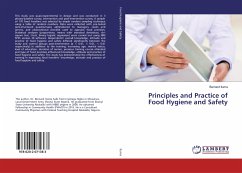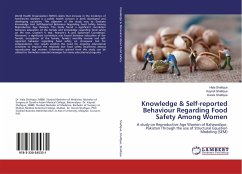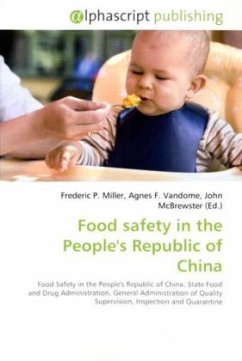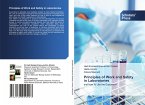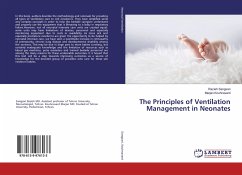This study was quasi-experimental in design and was conducted in 3 phases-baseline survey, intervention and post-intervention survey. A sample of 170 food handlers was selected by simple random sampling technique using a table of random numbers. Data were collected with pre-tested semi-structured questionnaire administered to managers, cooks and servers, and observational checklist used to appraise food premises. Statistical analyses (proportions, means with standard deviations, chi-square test, t-test, binary logistic regression) were carried out using IBM SPSS version 20 software. Respondents' overall knowledge, attitude and practice of food hygiene and safety differed significantly between the study and control groups post-intervention (p 0.01, 0.01, 0.01 respectively). In addition to the training; increasing age, marital status, level of education, duration of service, previous training course attended and type of food premises influenced knowledge, attitude and practice of food hygiene and safety. The study has demonstrated the effectiveness of training in improving food handlers' knowledge, attitude and practice of food hygiene and safety.
Bitte wählen Sie Ihr Anliegen aus.
Rechnungen
Retourenschein anfordern
Bestellstatus
Storno

